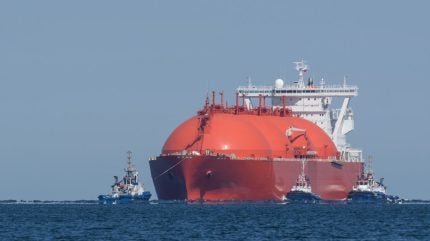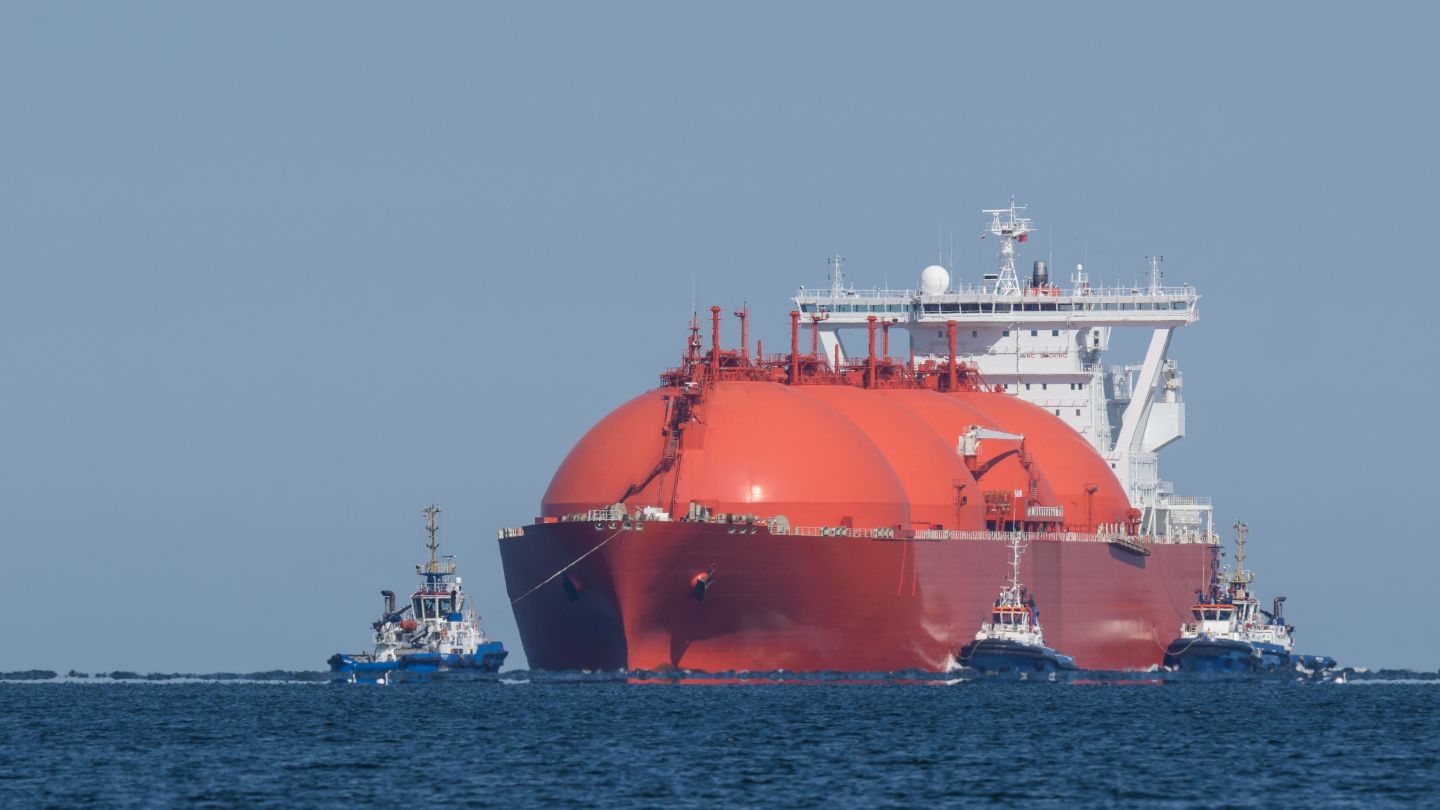
Deliveries of LNG are scheduled to begin in 2026 through to the end of 2045. Credit: Wojciech Wrzesien/Shutterstock.com.
BOTAS, a state energy company in Türkiye, has entered a 20-year agreement with trading company Mercuria for the purchase of approximately four billion cubic metres (bcm) of liquefied natural gas (LNG) annually from 2026.
The agreement covers the supply of around 70bcm over the contract term, according to Türkiye’s Minister of Energy and Natural Resources, Alparslan Bayraktar, reported Reuters.
 Discover B2B Marketing That Performs
Discover B2B Marketing That Performs
Combine business intelligence and editorial excellence to reach engaged professionals across 36 leading media platforms.
The deal was concluded in New York during President Tayyip Erdogan’s visit to the UN General Assembly.
It will draw volumes from loading terminals in the US, with regasification taking place in Türkiye, Europe and North Africa.
The signing was attended by Minister Alparslan Bayraktar during his visit to the US for the 80th session of the UN General Assembly, BOTAS chairman and general manager Abdulvahit Fidan, and Mercuria president and co-founder Daniel Jaeggi.
This deal aligns with Türkiye’s goal of reaching a $100bn (Tl4.15trn) trade volume with the US, while strengthening supply security and diversifying the country’s energy mix, added Bayraktar.
Deliveries are scheduled to begin in 2026 through to the end of 2045.
Minister Bayraktar said: “Today, we have signed a milestone agreement which will be in place for the upcoming 20 years to deliver US-sourced LNG. We firmly believe that a partnership with Mercuria under such an agreement will enable BOTAS to form a significant presence in the global LNG scene. The agreement will also greatly contribute to achieving $100bn of trade volume with the US.”
BOTAS oversees Türkiye’s oil and gas infrastructure and gas trading, while Mercuria is a leading global energy and commodity group.
In a parallel development, the Turkish Energy Ministry said BOTAS has also signed a long-term preliminary LNG agreement with Australian gas producer Woodside Energy, covering around 5.8bcm over nine years from 2030, primarily sourced from Woodside’s Louisiana LNG project.

